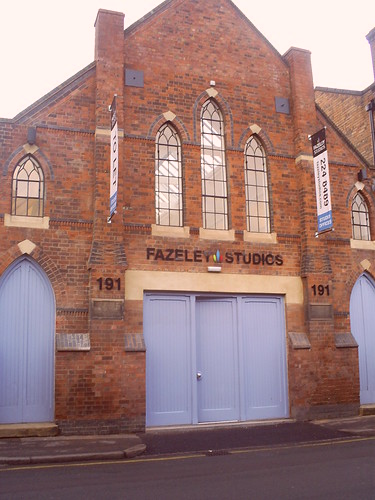Beth Kanter has written a really thorough piece about Twestival as an online and social fundraising model. I would heartily recommend you read her post based around a conversation with the woman behind Twestival: Amanda Rose. Beth has this summary of lessons from Amanda:
1) Don’t Spearhead A Worldwide Event Alone. Amanda says the next Twestival needs a better system and more capacity for managing the large number of cities and volunteers that want to participate. She notes, “I believe I did the best I could under the circumstances but felt really frustrated because I wanted to give city organizers all of the resources they asked for but either physically didn’t have time or capacity to implement.”
2) Providing A Better Virtual Hub To Support Volunteers. Amanda says the website was a key element in reaching out to the cities and that she was not prepared for the amount of work that went into setting it up. Says Amanda, “Even through this was a volunteer-run event, there was a level of expectation from people once they signed up. I think most understood that we were doing the best we could with our resources and limited time – but it was frustrating not to be able to offer them something beyond a blog to connect and share.”
3) Be more prepared to work internationally. Amanda says it was difficult to work with cities around the world, all with different financial systems, fundraising approaches, and cultures.
4) Set up a system for incoming donations to be aggregated quickly and easily. Donations were coming in from several streams, including Amiando, Tipjoy, Paypal, and cash donations. This made it difficult to tabulate the amount raised quickly. In addition, being able to produce real time tracking reports that showed how much each city still had to work to achieve their original fundraising target would have motivated them and spawned a bit of friendly competition.
5) Extend the planning timeline to 2-3 months. Amanda admits that it was stressful to work under these very tight timelines. “However, not unlike Twitter which is restricted to 140 characters, I wanted to challenge everyone to see what we could do in the span of a few weeks. This generated a lot of buzz and enthuasiasm on Twitter and extended offline.” Amanda observes that volunteers were amazed with what they could do in this short a timeline and the amount of creativity that surfaced was truly inspiring. Amanda points out, “Hawaii raised over $7k in 9 days, Toronto $10k in about 15 days. What we are left with now are international teams who have a passion to do this again – only bigger. The feedback so far has been incredible and many cities feel disappointed that they couldn’t reach their goal this time; but the amount of awareness they were able to generate through their community or local press is a testament to their hard work.”
People who’ve blogged after going to Twestival in Birmingham include:
John at 383project – who picked up the baton of brumtwestival when Amanda asked – says: “Well that was it folks! Only a few weeks since we first speculated about the possibility of organising a Birmingham Twestival and it actually happened. Thursday night saw Birmingham gather with over 175 cities around the world to get together and raise money for Charity: Water. The turnout was amazing and saw 185(ish) local tweeple make it down for an evening of music, raffles, games and general fun. To cap it off, the total raised was a superb £1519!”
Digital Birmingham’s Simon Whitehouse wrote: “So, well done and a big thank you to the BrumTwestival organisers – and I nearly forgot to say what a thoroughly enjoyable night they laid on, didn’t I? Well, they did. It was a lot of fun, most of which I won’t put on a work blog ;0)”
Any more?
